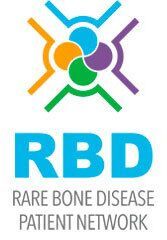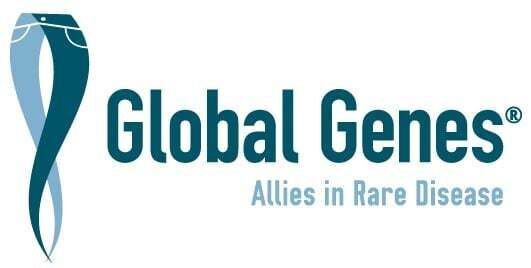
The LGDA is immensely grateful to Medics 4 Rare Diseases and Beacon for giving us the opportunity to participate in The Student Patient Voice. This initiative introduced us to Döne Can Kahyalar, an exceptional third-year medical student at Queen Mary University of London. We extend our heartfelt thanks to Döne for her dedication and for investing her time and effort into researching and understanding the complexities of living with rare diseases like complex lymphatic anomalies (CLAs). Her insightful essay, submitted to the Student Patient Voice competition, provides a profound look into the psychological, emotional, and practical impacts of medical communication on families following a rare disease diagnosis. This summary highlights the critical points of her study, showcasing the significant challenges and triumphs faced by patients and their families.
Case Study Summary
In a recent case study conducted by Döne Can Kahyalar, a third-year medical student at Queen Mary University of London, the multifaceted impact of living with a rare disease, specifically complex lymphatic anomaly (GLA), was meticulously examined through the experience of Alfie Milne and his family. Alfie was diagnosed with GLA at the age of two after a series of exhaustive medical investigations at Great Ormond Street Hospital (GOSH), London. The study underscores not only the physical challenges of dealing with a rare disease but also highlights the psychological, emotional, and practical repercussions stemming from both effective and ineffective medical communication surrounding such uncertain and complex health conditions.
Initially, the diagnosis was a profound shock for Alfie's mother, Tracy, who was met with minimal information—a mere printout with five lines about GLA. This scant data underscored the disease's severity and rarity, contributing to a sense of overwhelming uncertainty. The lack of patient-friendly information exacerbated the family's anxiety, limiting their ability to understand Alfie's condition fully or to explain it to others, which is crucial for receiving support from friends, family, and healthcare providers.
The study details how the scarcity of specialist clinics and the general unfamiliarity with GLA at local health services compounded the challenges for Alfie’s family. The frequent, long-distance travels to hospitals placed a considerable physical and emotional strain on the entire family, disrupting their work and normal family life. The psychological impact was not limited to Alfie and his parents. Alfie’s sibling was deeply affected by the dynamics of being the ‘healthy child’ within the family. This role often comes with its own complex feelings of guilt, confusion, and fear—emotions that are sometimes overlooked when the focus is primarily on the patient.
The unpredictability of Alfie’s condition added an additional layer of anxiety. Not knowing whether Alfie's health might deteriorate overnight or if his parents would need to rush him to the hospital unexpectedly led to a pervasive sense of instability and fear of waking up to find his family gone.
Moreover, the case study delves into the isolation felt by Alfie and his family due to the rarity of the disease. Instances such as attending support groups that did not cater specifically to GLA left them feeling out of place and emphasized their solitude in battling this condition. This isolation was somewhat mitigated when Tracy eventually discovered a patient organization in America, which connected her with vital resources and another family in the UK dealing with GLA. This connection was instrumental in founding the Alfie Milne Lymphangiomatosis Trust, later known as LGDA UK, which has been crucial in raising funds and awareness, providing patient-friendly information, and fostering community support.
The overarching theme of the study presented by Döne Can Kahyalar is a poignant illustration of the profound implications of medical communication in managing rare diseases. Effective communication can significantly alleviate the inherent uncertainty, fear, and isolation experienced by patients and their families. Conversely, the lack of such communication exacerbates these issues, compounding the emotional and practical challenges faced by those dealing with rare diseases like GLA.
This case study not only shines a light on the struggles associated with rare diseases but also advocates for improved healthcare communication strategies, the development of more comprehensive informational resources, and the establishment of supportive networks for patients and families navigating similar challenging paths.
Read the Full Case Study here.






